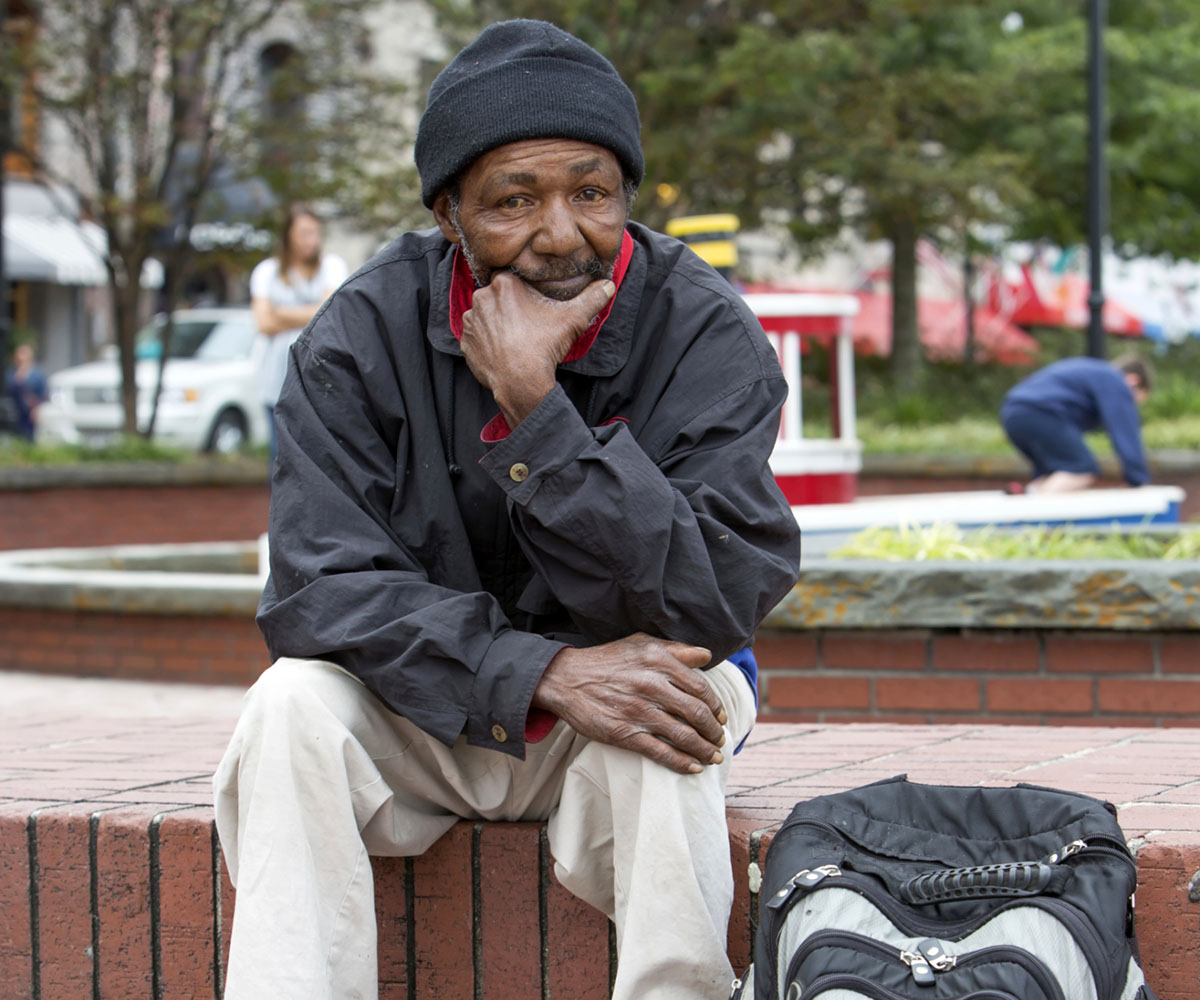
The District just took important steps to improve services at shelters that serve 1,000 single adults experiencing homelessness. DC expanded shelter hours and case management services at four shelters, as well as transportation from the shelters to other services. These improvements will help residents escape the weather, get needed rest, and access other services. While other needed changes called for in the District’s strategic plan to end homelessness will require these shelters ultimately to be replaced, DCFPI applauds these efforts to make things better in the meantime.
The four shelters are Harriet Tubman, 801 East, New York Avenue, and Adams Place. The changes are the result of a collaboration among The Department of Human Services (DHS); The Community Partnership for the Prevention of Homelessness (TCP), DHS’s primary contractor; and Catholic Charities, the subcontractor that operates the shelters.
Prior to this change, the four shelters opened at 7 pm and closed at 7 am. This gave individuals little time to eat, access case management, and sleep. It also meant having to find places to go during the 12 hours the shelters were closed. Now the shelters open at 5 pm and close at 9 am, and case management hours will be expanded to match. DHS, TCP and Catholic Charities intend to add case managers to reach a target of one case manager for every 30 residents. Van service that transports shelter residents to meal programs, daytime service centers, and Metro also has been expanded to match these hours.
Homeward DC, the city’s strategic plan on addressing homelessness, calls for three of the shelters to be redeveloped. Two of them are simply too large to be managed effectively, and they all are very old with failing infrastructure and constant maintenance needs. Although the shelters stay open 24 hours during extreme weather, they do not have space to allow for all residents to stay comfortably all day. The strategic plan calls for the shelters to be replaced by smaller facilities, serving 80 to 100 individuals, that operate 24 hours per day. Smaller shelters will allow specialized programming to meet the unique needs of certain groups, such as services in languages other than English or more intensive services for people being discharged from hospitals and nursing homes. DCFPI looks forward to these new shelters and encourages DHS, TCP, and Catholic Charities to continue to implement positive changes in the meantime.
